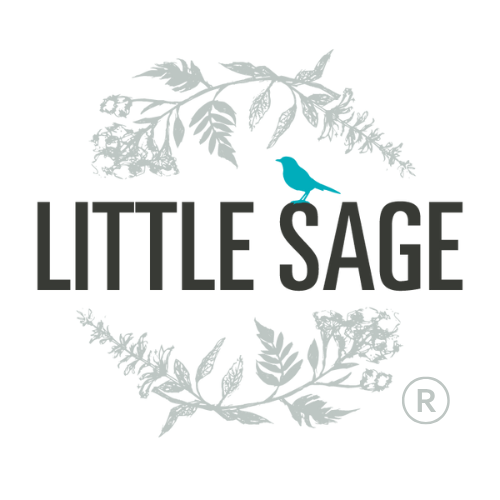Most people who come to see me in the clinic or sign up for my courses for the first time often ask me what the main difference is between conventional Western medicine and Traditional East Asian medicine.
The most profound difference between them is in the treatment approach.
In stark contrast to conventional Western medicine, Traditional East Asian Medicine recognizes the mind-body-spirit connection to healing.
Holistic healing means seeing the body as a whole, not in parts.
If you go to get treatment from conventional Western medicine, you will see a specialist for gynecology, a different one for gut health, get referred to a psychiatrist for mental health, the physical therapist for back pain, the orthopedic doctor for knee surgery consult, etc. You get the idea.
In Traditional East Asian Medicine, whether you’re coming in to get help with shoulder pain, back pain, foot pain, hormone imbalances, thyroid problems, diabetes, or anxiety and depression, we use the same system of diagnosing you – by piecing together all the different symptoms that you are having and the patterns we see by listening to your story, asking questions, observing, smelling, feeling, and closely looking at every aspect of your health.
Practitioners of Traditional East Asian Medicine see the body as a whole. Not separate parts.
Deeply rooted in ancient philosophies, our approach embodies a holistic approach to healing.
💫At the core is the belief that the mind, body, emotions, and spirit are interconnected facets of a unified whole, each influencing the others in profound ways.🌟
The mind and body has a symbiotic relationship
In Traditional East Asian medicine, the mind and body are not viewed as separate entities but rather as interdependent components of a larger system.
Emotions, thoughts, and mental well-being are considered integral to physical health.
The harmony between the mind and body is believed to be essential for maintaining overall well-being and preventing illness.
This holistic perspective acknowledges that mental and emotional states can manifest physically, and vice versa, highlighting the intricate interplay between psychological and physiological health.
Emotions and Health: The Power of Emotional Balance
Emotions are regarded as significant determinants of health in Traditional East Asian medicine.
Emotional disturbances are believed to disrupt the body’s equilibrium, leading to imbalances in Qi and vital energy flow.
By addressing emotional well-being and promoting emotional balance, Traditional East Asian medicine aims to restore harmony within the individual, recognizing the impact of emotions on physical health.
Cultivating emotional resilience and harmony is considered essential in maintaining overall vitality and preventing disease.
Spiritual Connection: Nurturing the Inner Essence
The concept of spirit that we’re talking about here goes beyond specific religious beliefs or practices.
Spirit encompasses one’s inner essence, vitality, and connection to the universe.
Cultivating spiritual awareness and alignment is seen as integral to promoting health and vitality, as it fosters a sense of purpose, inner peace, and harmony.
By honoring the spiritual aspect of healing, Traditional East Asian medicine offers a comprehensive approach that addresses not only the physical and emotional aspects but also the spiritual dimension of an individual’s well-being.
The Power of Integration: Balancing the Whole Self
By integrating the mind, body, emotions, and spirit in the healing process, Traditional East Asian medicine offers a profound framework for restoring balance and vitality.
Through practices such as acupuncture, herbal medicine, mindful movement exercises (like Qigong and Taichi), and meditation, individuals can work towards harmonizing the entire being, promoting holistic healing and overall wellness.
Cultivating Wholeness: Embracing the Multifaceted Self
Traditional East Asian medicine sees health as more than just physical symptoms.
It encourages people to understand that well-being involves the mind, body, and spirit.
By connecting these aspects and feeling complete, individuals can gain a better insight into themselves and their role in the world.
This holistic healing method doesn’t just treat symptoms but aims to bring balance and peace in every aspect of life, leading to a deep sense of vitality and well-being.

